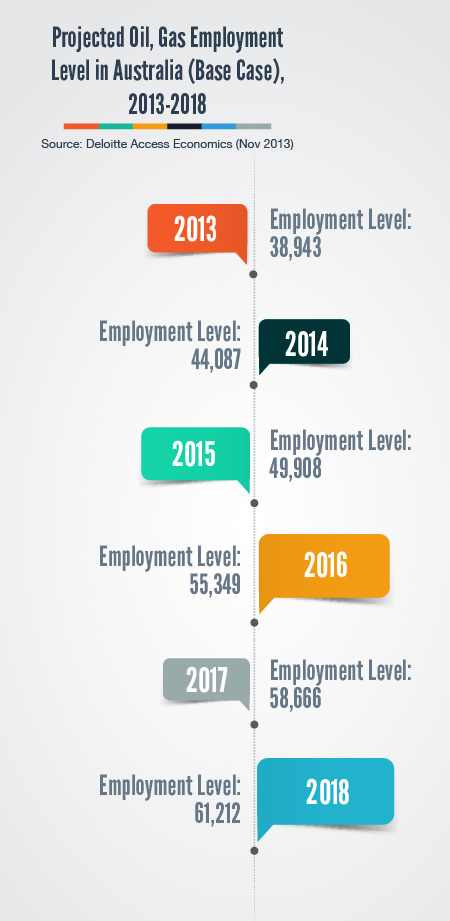This question originally appeared on Quora: What are important things for people intending to major in human resources to know about?
Answer by Sarah Smith, VP, HR & User Operations, on Quora
I would suggest not majoring in human resources but instead major in business, economics, philosophy, or psychology.
I’ve been formally in a direct HR role for 2.5 years and can safely say that the most important skills you need to be successful in HR are general people skills and good judgment. Beyond those skills, the next important thing you need is a great employment lawyer to work with you who has a deep understanding of state and federal employment laws.
In most HR jobs, you will be helping a company to attract and retain great people who align with the company values. You’ll also be in a role to help enforce those norms, coach/advise management, and manage employee performance. You’ll also likely oversee selection and administration of benefits and be responsible for mandated documentation.
The best preparation for most of this is to be a manager yourself, managing and growing a team or business. It’s helpful if you have an interest in philosophy, law, or economics because you may be in a position to create precedents and policies as well as interpret laws or guidelines.
Finally, it would be helpful for you to build an understanding of compensation systems as well as standard benefits (health insurance, paid time off, sick leave, family leaves, disability leaves, 401k, relocation, immigration, bonuses, and so on depending on your industry).
If you have your heart set on majoring in human resources, please aim to get into a people management role as soon as you can, even if it’s a leadership role in a school club or better yet, managing part-time employees in a retail or restaurant setting. I’d argue that real management experience will teach you more than most HR core courses.
Forbes.Com
Deloitte: Time Right to Reinvent Human Resources Profession in Oil, Gas
The human resources (HR) profession can take advantage of Australia’s changing oil and gas marketplace to evolve and improve how it meets the demands of the industry, according to Julie Harrison, human capital partner at Deloitte Australia.
Ahead of the professional services company releasing its 2015 Global Human Capital Trends this month, Harrison provided an insight into the top five issues and challenges facing the Australian oil and gas industry:
- leadership
- culture engagement
- learning and development
- workforce on demand
- reinventing HR
Despite being fairly consistent with the trends of previous years the extent of how important each issue currently is has adjusted to reflect an Australian industry now in a transitional phase.

Major projects in the country’s booming liquefied natural gas (LNG) industry are largely moving from construction to operations, while significantly lower commodity prices have forced substantial labor and cost cutbacks at all levels.
Timely for HR Reinvention as Australia’s LNG Sector Moves into Operations
Harrison believes this has created an opportunity for reinvention from a human capital perspective as the growing importance of leadership, organizational culture, and learning and development come to the fore.
“The timing is right to really take a good look at HR and do some great work to reinvent it by making sure it is really focused on being part of the business strategy,” Harrison told Rigzone on the sidelines at the Australasian Oil & Gas (AOG) Exhibition & Conference in Perth this week.
“Looking at commodity prices you have to be really focused on the size, scope and scale of the HR function, and what is right for the business and the environment.
“This would really be a great thing for the HR function to be doing, to be on the front foot about it instead of being forced to do it by the business.”
Deloitte’s research for the report has involved surveys and interviews with more than 3,300 business and HR leaders from 106 countries, with oil and gas a prominent industry reviewed in Australia.
Deloitte Emphasize Need for HR Professionals to Broaden Skillsets
From the Australian findings Harrison said it was clear that HR professionals needed to broaden their skillsets to become a more valuable asset to help oil and gas companies overcome the challenges.
“Companies are needing absolute specialists from a HR perspective and need to make sure that their HR business partners are acting very much as strategic business partners,” Harrison explained.
“Are they acting as HR analysts or business partners that are really helping to drive and align the business strategy?
“There are organizations that do this well and there are some fairly senior HR people that do it well, but generally speaking most are still on the backfoot and seen in the main as service deliverers, as opposed to really coming into the 21st century and being proactive.”
Harrison added that HR professionals were being challenged to move beyond what was comfortable to adopt new skills, with improved knowledge of operational data and analytics a key focus area.
“They are actually really valuable skillsets in HR and will help them to be more aligned to where the business is going,” Harrison explained.
“Looking at the style of organizations in the oil and gas industry they still seem to be very engineer centric, and engineers love data in general, so it becomes how do we from a HR perspective become more comfortable with the idea of using data to make decisions, which is what organizations are really looking for.”
By effectively achieving this reinvention oil and gas companies would, of course, improve productivity and lower costs within the business, Harrison continued.

With Australia falling behind its counterparts in both areas Harrison expected development from HR in this area to help the local industry efficiently move into the operational phase of LNG and adjust to the current market environment.
“The whole idea of directing employee engagement is fundamentally important, as is understanding cost structures,” Harrison said.
“Negotiating different deals as you move from major capital projects to operations, with different employment contracts, you can actually reduce costs as opposed to the project related costs. Those directives are what we are starting to maintain to manage the costs associated with that.”
By Ben Creagh | Rigzone Contributor | rigzone.Com
Không có nhận xét nào:
Đăng nhận xét